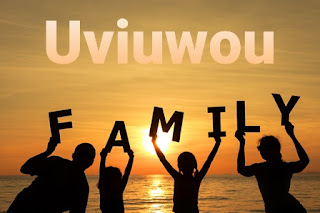Learn Isoko Language Part 22 (Avoid Misspelling and Misuse of words)

HOW TO OVERCOME MISSPELLING OR MISUSE OF WORDS THAT SOUNDS ALIKE In every language there’s a lot of words that sounds the same even if they have different spelling. Others sounds differently even if they have the same spelling. Let’s take a look at some in Isoko language. Owho ( old age) ohwo(person) e ̣ we(goat) e ̣ we(Kolanut) unwe(nose) unwe(mosquito) e ̣ we ̣(breath) e ̣ we ̣(pieces, fragment, little part) uwou(house) uwo(flesh) viẹ(cry) viẹ(tear, pill off, turn) dhẹ(run) dhẹ(drive) dhẹ(cold) dhẹ(grow) re(eat) re(finish) re(also) kpo(go) kpo(healing process) ọre(sun) ọre(tse-tse fly) eto(pawpaw) eto(hairs). With this information I am sure you will take note of such words as you are learning Isoko language and any other language so as to avoid the pitfall of misusing or misspelling words. Thank you for learning Isoko with us. © Copyright 2021 by Amugini Odomero



